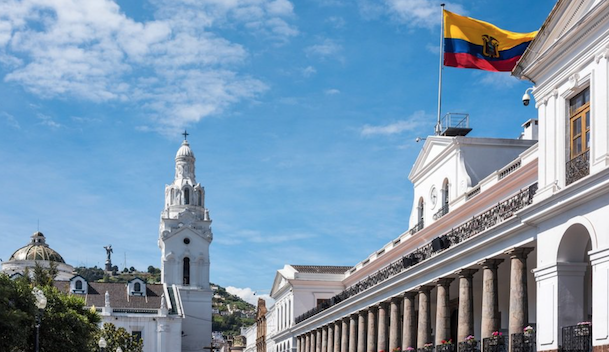Ecuador basks in glow of debt-restructuring success

Peru nightclub tragedy shines light on country’s coronavirus carnage
31 Aug 2020
No gloves, no masks: Venezuela’s exposed health workers
06 Sep 2020
A non-confrontational approach and beneficial clauses in loan agreements facilitated talks with creditors
Gideon Long in Bogotá
When the IMF announced last month that it would lend Ecuador $6.5bn to get its battered economy back on track, the largest piece of a complex debt-restructuring jigsaw fell into place. The loan also capped six month-long negotiations with international creditors on several fronts — which all yielded successful outcomes.
Just as the government was dealing with the coronavirus pandemic and a sharp drop in oil prices, it talked to bondholders about restructuring $17.4bn of debt; asked the China Development Bank for a year-long amnesty on capital repayments while seeking fresh loans from Chinese banks; and renegotiated the terms of bonds issued by state-owned oil company Petroamazonas.
“Ecuador did it,” said Siobhan Morden, head of Latin America fixed income strategy at Amherst Pierpont Securities. She hailed the IMF agreement as “potentially a game-changer” for a country that was facing a funding shortfall of $4bn this year and has historically been a serial defaulter.




